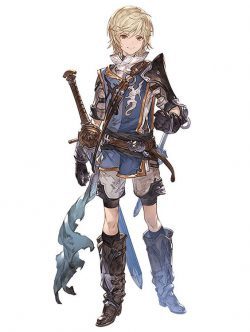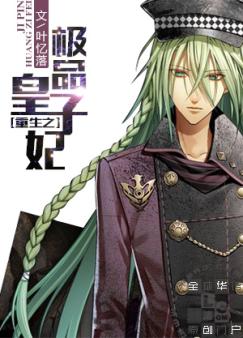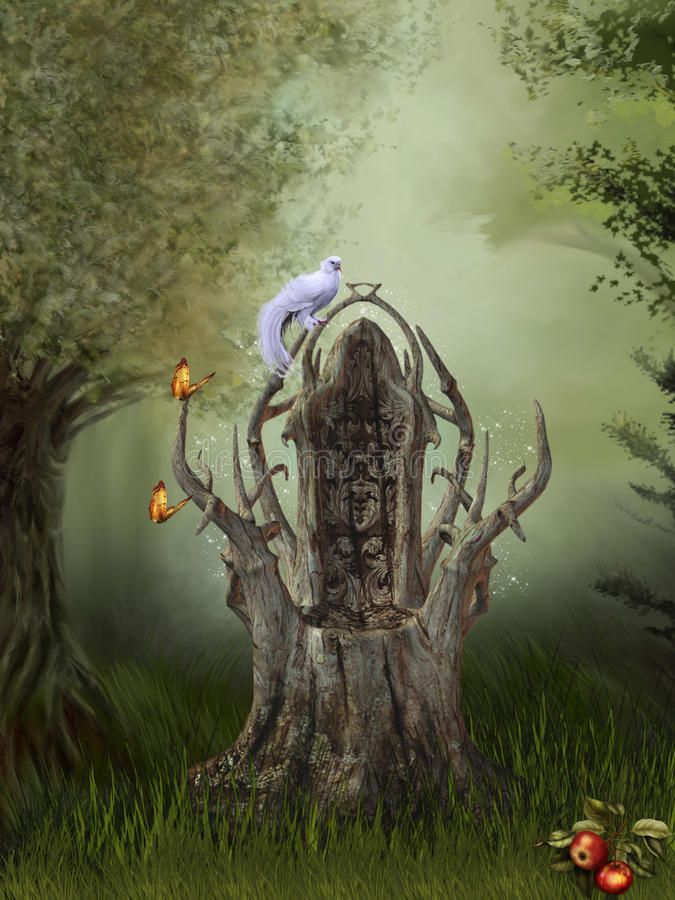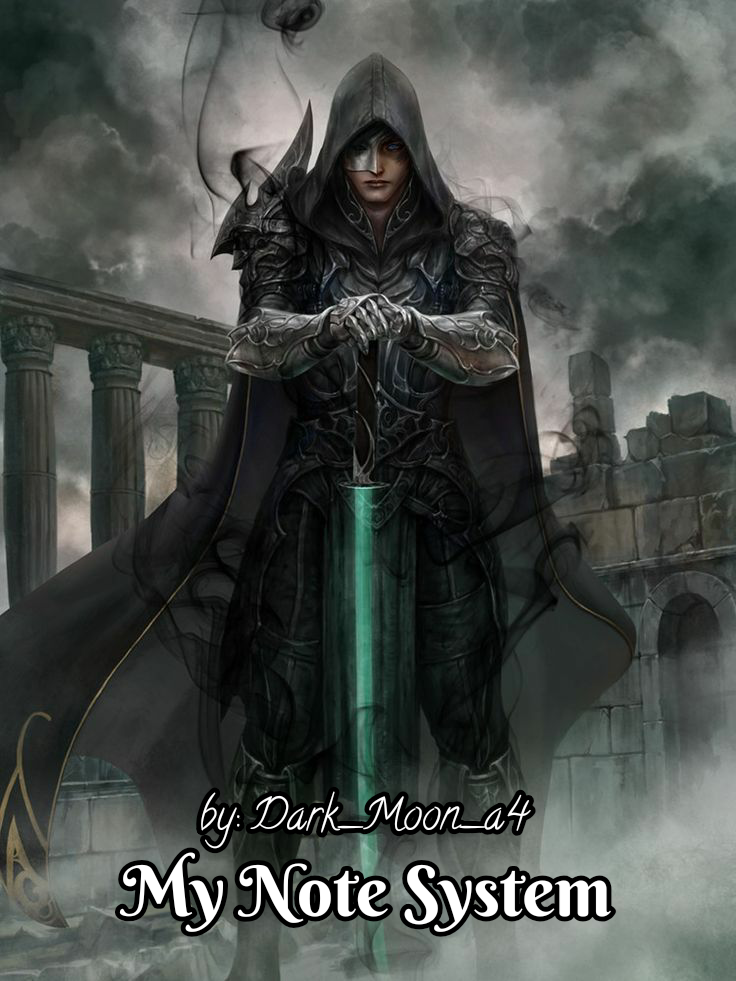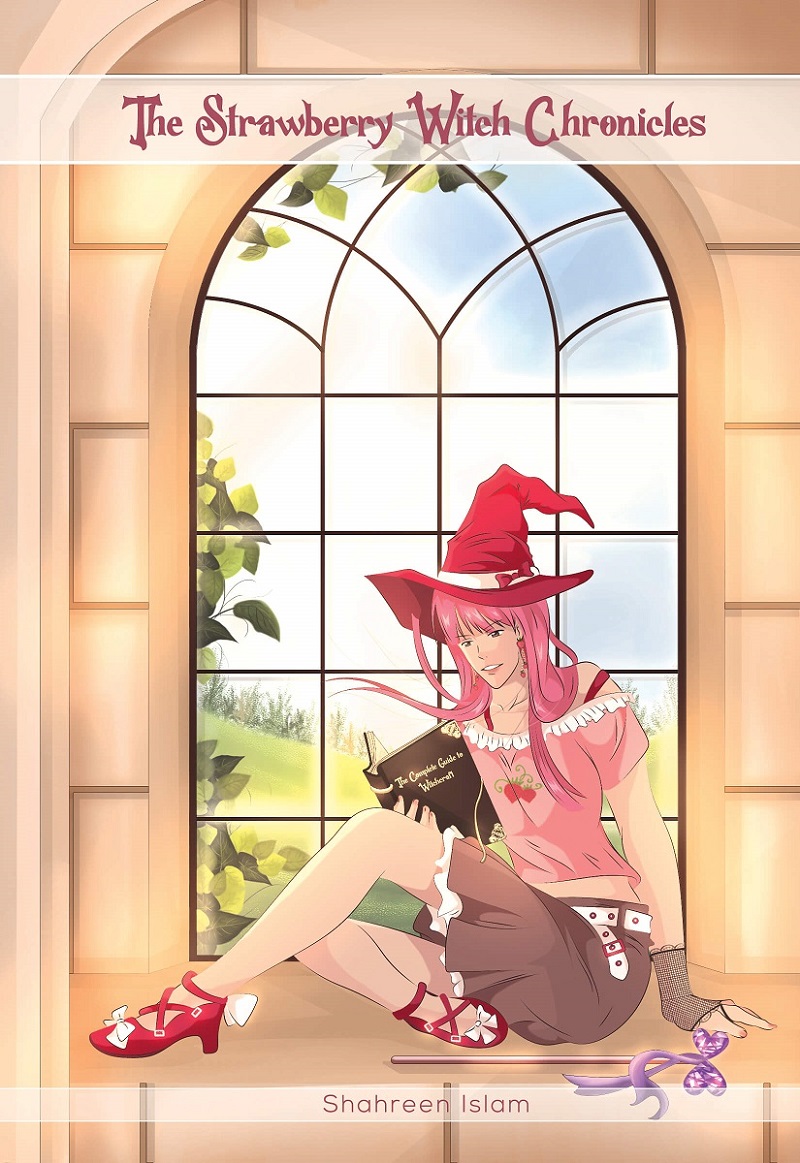“Thank you both so much for the interview. I expect you know by now, Belinda was taken ill while we were.
on the air, so I’m afraid it wasn’t as smooth as it might
have been. I hadn’t mugged upon….well, prepared for
the two of you. Belinda would’ve done you a much better
job. But you were both marvelous.” He smiled at them.
He had an easy, boyish grin which would have helped the
interview no end if he’d been able to show it then. He
was actually quite charming, Kate thought. She found him
refreshing. But then, after living with George for thirty
years, a rabid hyena would have been a relief.
“Great! Great interview, Hal,” said George, pumping the
younger man’s hand enthusiastically, now all charm him-
self. “You did very well, you’ve got a lot of talent. I shall
have to watch out!”
“Oh, I don’t know about that, Mr. King.” Hal laughed at
the flattery.
“George, please. We’re colleagues, after all. Listen, send
my very best wishes to…”
“Belinda,” Becca prompted.
Belinda. I hope she makes a speedy recovery. We both
do, don’t we, dear?”
“Yes, of course, dear.” Kate stepped dutifully to his side
and slipped her arm through George’s. He stank of that
foul cigar. From this angle she could just detect the discreet
‘fishskins’, sticky things like stamp hinges that, cleverly
positioned, could lift loose skin with the rejuvenating
effects of a temporary facelift.
He was all sham. B******* and sham. It was so unfair that he continued to get away with it. She beamed at Hal, playing her part to perfection,
the little woman in her place.
“Well done, you,” she said. “I enjoyed the interview very
Much.”
“Really? Well, you both made it much easier for me. I’m
sorry I messed up that thing about the play. The director
was talking to me at the time and I didn’t catch what you
said.” He was a very poor liar, but she could forgive him
for that. He was a sweet man. He’d probably been very
good on kids’ telly.
The director called round as well to thank them and
apologize. George and Kate were equally charming to him.
It had become second nature now. It was Becca’s role to
iron out problems and prepare the way for his coming:
George was the frontman, the charmer, Mister Nice Guy.
And he was the best.
They left the building together, George and Kate arm in
arm, ever the happy couple. A small crowd of about twenty
surged towards them as they pushed through the glass
doors of the Television Centre. Eager bodies pressed up to
them, holding out gifts or scraps of paper and articles of
clothing for George to sign.
He did, throwing naughty, flirtatious comments to the women – and they were all
women- as he signed and kept walking. He knew he had
a tight schedule, Becca saw there was never a moment
wasted, and he had no desire to stop and talk with these
pathetic, working-class crones. He had a busy life to run.
for Christ’s sake.
Nobody wanted Kate’s signature, of course; she was used
to the role of also-ran by now. Although it never ceased to anger her. in public, at any rate, she never showed it.
Once upon a time, of course, she had been a real star.
before it all went wrong and she lost her nerve. ‘A real find,’ Harold Hobson said, ‘whose appetizing looks are only overshadowed by her blooming talent.’ Able to pick and choose her parts; whole productions had been mounted just for her to get her teeth into a leading role: Juliet, Viola, Gwendolen Fairfax, Eliza Doolittle. Arden, Pinter, Osborne and even Beckett had written parts for her.
She’d had her name above the title alongside Richard Burton. Albert
Finney, Peter O’Toole, in some of the best British films of
the late sixties. Ah, British films, those were the days.
Then her world had crumbled.
Without warning and with randomness that meant she could never again believe in any kind of beneficent god, her cup of happiness
had been irrevocably dashed from her hands just as she
held it to her lips to drink.
The black despair that had descended on her that day twenty years ago might have
lessened with the years but the critics could never call her
‘carefree’ or ‘lighthearted’ again.
For months she hadn’t worked at all, unable to drag her
body out of the house or speak to anyone about her
Anguish.
She’d almost starved herself to death, would have
done if she’d been allowed to. When eventually Robin
had persuaded her to accept work as a kind of medicine,
something physical to cure the mental turmoil, nobody
was willing to take the chance with her.
Her tragedy and retreat had made headlines and now no producer was quite
Sure how to package this hopeless heroine without damaging the health of the box office. Everyone had been enormously caring of course, quick to send flowers and mouth
sympathetic platitudes, but when she needed genuine hard
work to challenge her they were all terribly sorry but they
really had nothing that was quite right for her.
But they a bear her in mind, and of course, if anything came up.
It never did.


